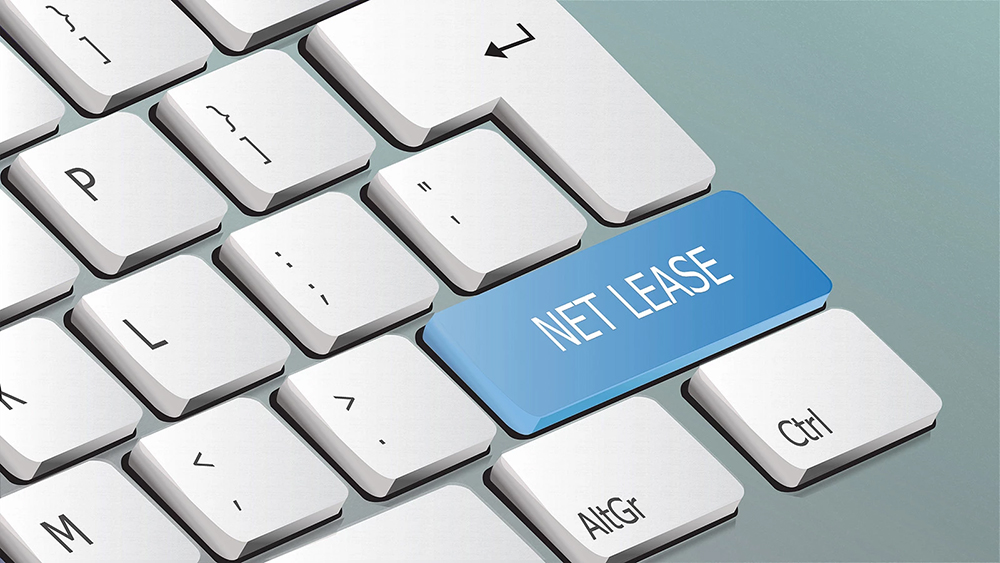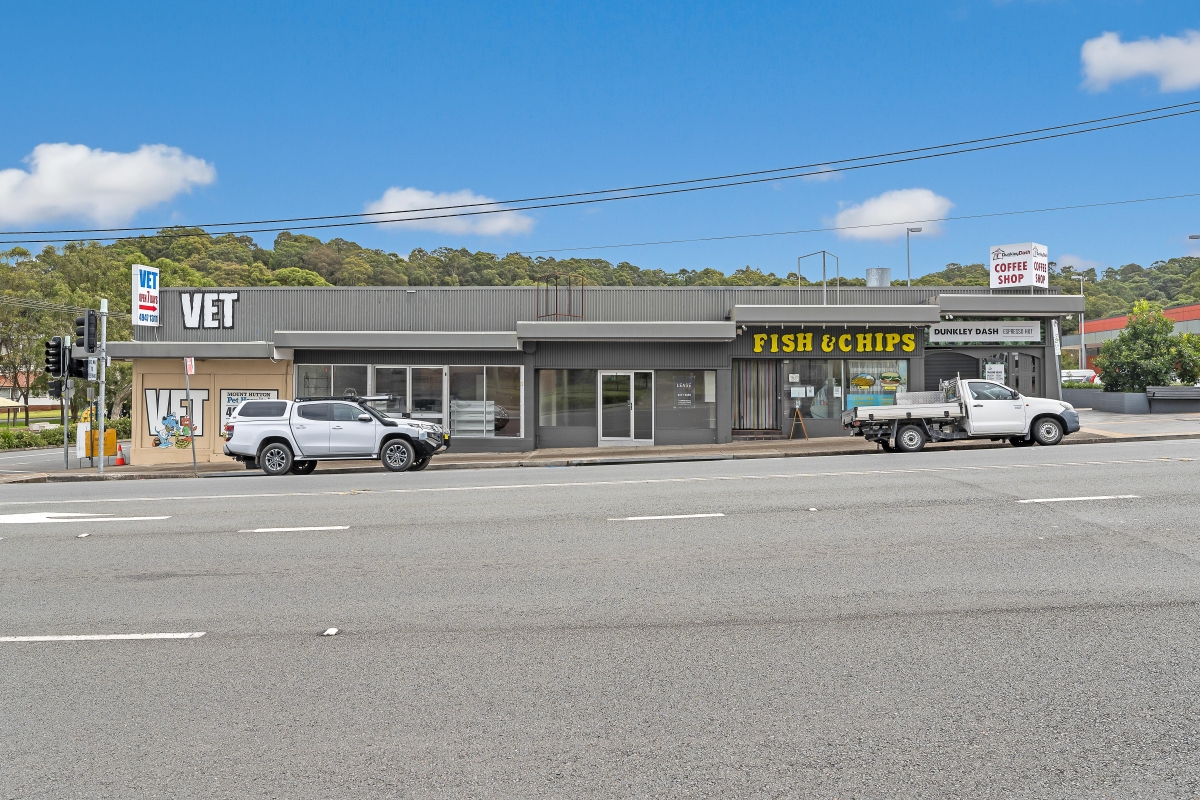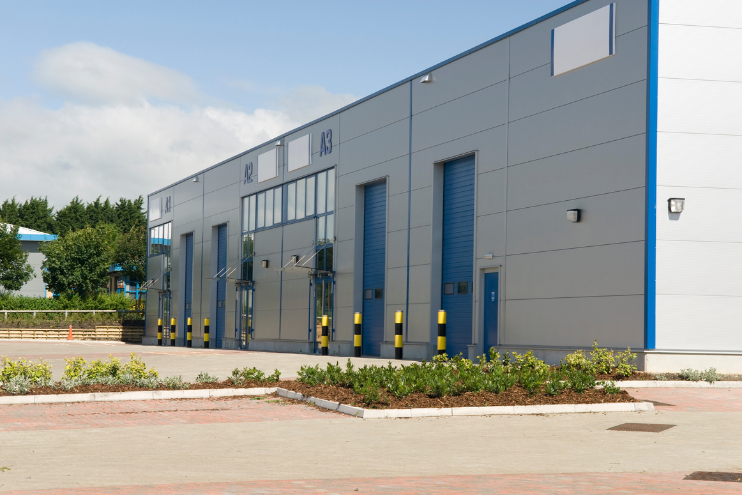
Understanding net lease properties
Net lease properties are a popular investment option for commercial investors as they involve the tenant contributing to the outgoing expenses related to the property in addition to paying their base rent. Some examples of the outgoing expenses that the tenant may contribute to include land tax, council rates, water rates, insurance, management fees and strata levies. There are some benefits to a net lease agreement and there are also multiple types of net lease agreements. Having a solid understanding of these is an important factor when leasing a commercial or industrial property.
Benefits of net lease properties
A key factor of a net lease agreement on a commercial or industrial property is the shared financial responsibility involved between the owner and the tenant including:
- Stable cash flow: net lease properties provide commercial property owners with consistent rental income, as the tenant bears some of the property's operating costs
- Reduced management responsibilities: with tenants assuming various financial obligations, owners can enjoy a more passive investment, requiring less day-to-day management and involvement
- Tenant stability: net leases often involve long-term leases, which can provide stability for the owner, ensuring a predictable stream of income over an extended period of time
- Preservation of property value: as tenants are responsible for property maintenance and repairs, net lease agreements can help maintain the property's value over time
- Diversification: investing in net lease properties offers an opportunity for diversification within a real estate portfolio, as different types of properties and tenants can be considered
Four types of net lease available
Below are the four types of net lease available to commercial property investors.
1. Single net lease
A single net lease, also known as a net lease or N lease, is a commercial lease agreement where the tenant is responsible for paying their base rent plus one of the property’s operating expenses, usually property taxes. The owner of the property is responsible for covering all other operating expenses, such as insurance, maintenance and utilities.
2. Double net lease
A double net lease, also known as a net-net or NN lease, takes the financial responsibilities of the tenant a step further. In addition to paying rent and property taxes, they are responsible for insurance premiums related to the property. The commercial property owner/landlord remains responsible for structural maintenance and repairs. Double net leases are often seen in multi-tenant buildings, such as strip malls or office complexes, where tenants share common areas and facilities.
3. Triple net lease
A triple net lease, also known as an NNN lease, is the most common type of net lease for commercial real estate. Here, the tenant is responsible for the majority of the financial obligations associated with the property including property taxes, insurance and repairs and maintenance costs.
4. True net lease
Unlike single, double and triple net leases, true net leases are less common in Australia with the exception of some long-term government buildings or corporate headquarters. True net leases, also known as absolute net leases, absolve landlords from all responsibilities for the building’s expenses. This essentially means the tenant owns the building without having to purchase it and the base rent on these buildings are often much lower than more traditional net lease agreements to account for the owner’s lower outgoings.
Final considerations when investing in or taking on net lease properties
Net lease properties provide commercial investors with added security due to stable cash flow and reduced management responsibilities. However, it’s crucial to understand the types of net leases and their goals and risk tolerance before making any investment decision. As a tenant of a net lease property, consider the benefits that arise from control over the building, maintenance timing and contractors chosen that can be afforded to you under some net lease agreements. You gain the independence of commercial property ownership without the large capital investment of ownership.
By thoroughly assessing net lease opportunities and the unique features of each lease type, an informed decision that aligns with your or your company’s financial obligations and future investment plans can be made.
Contact our team of leasing agents today for further information.




